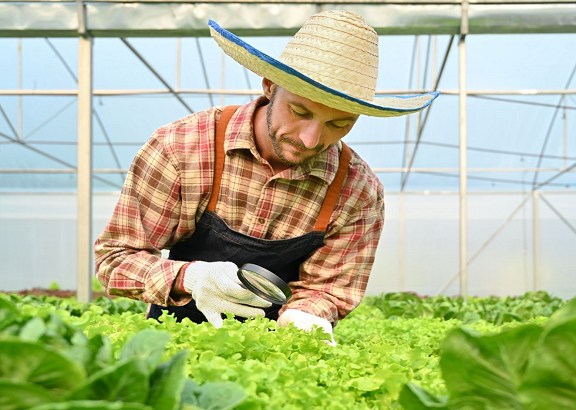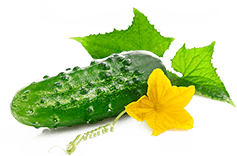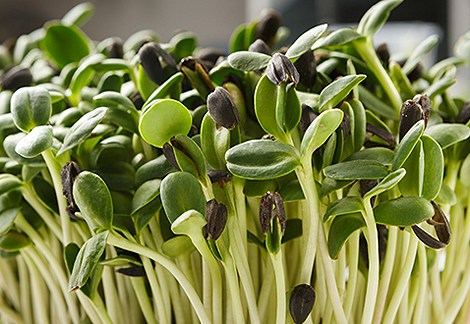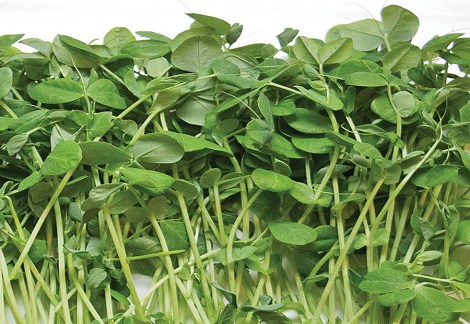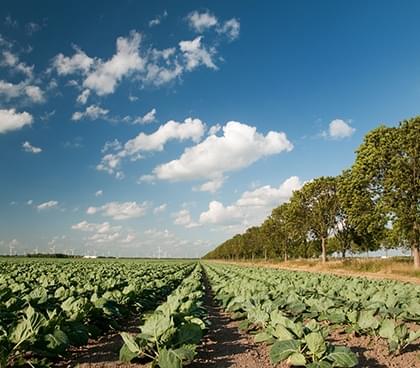Latest Arrivals
New Products
Latest Testimonials
Our clients





Benefits of Organic Produce
Organic food faq
Organic goods are cultivated using eco-friendly practices, prohibiting the use of harmful pesticides and persistent agricultural chemicals. Moreover, there's an emphasis on utilizing renewable resources and safeguarding the integrity of soil and water.
Steering clear of agricultural chemicals stands out as a primary incentive for consuming organic food. Recent studies show that individuals who opt for organic products typically prioritize factors like health, nutrition, taste, and food safety. Additionally, the environmental impact serves as a significant factor driving the decision to purchase and consume organic items.
Increasing research suggests higher levels of specific nutrients in organic crops in comparison to conventional ones. If apprehensive about pesticides, it's worth noting that organic agriculture prohibits the use of potentially hazardous, persistent pesticides and fertilizers. The Environmental Protection Agency (EPA) identifies 60% of herbicides, 90% of fungicides, and 30% of insecticides as having potential cancer-causing properties.
